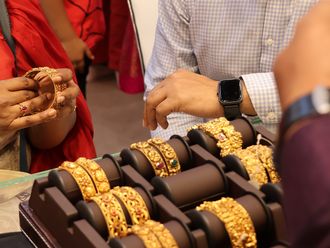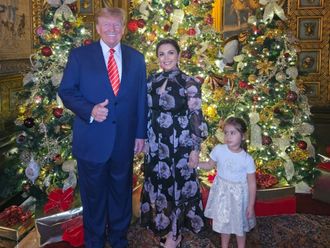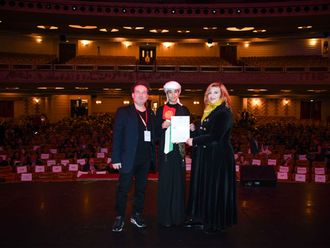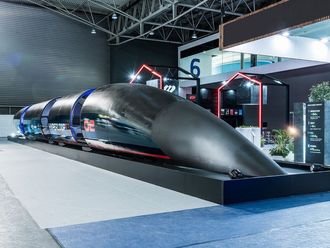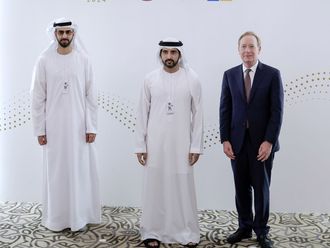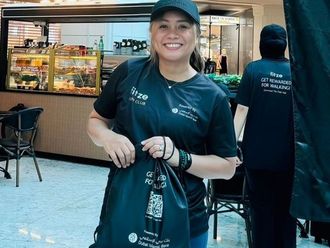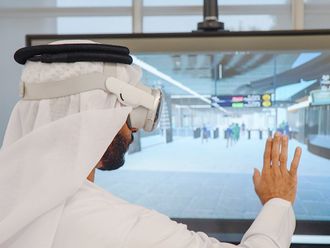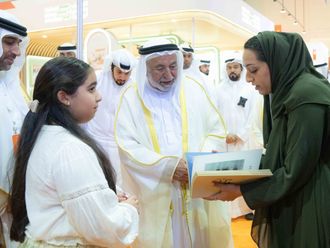The presidential palace yesterday thanked the local media for its cooperation in observing the government's request for a news blackout on the military operations against the Abu Sayyaf , following the latter's abduction of 20 tourists from a resort in western Palawan island last Sunday.
"We find the media very helpful and cooperative despite some breaches in the informal agreement," President Gloria Macapagal-Arroyo's spokesman, Rigoberto Tiglao, said in his regular press briefing.
Arroyo last Tuesday met with owners and publishers of local newspapers, television and radio stations and asked them not to give the Abu Sayyaf media mileage as this would further "embolden them"in undertaking terrorism.
Tiglao said the President hopes that as the situation drags on, the media would continue to exercise self-restraint in reporting the latest Abu Sayyaf kidnapping. "We're appealing to the media to please understand the situation and that the paramount concern is the safety of the hostages," Tiglao said.
Arroyo also had expressed concern over the safety of journalists covering the latest hostage crisis by the Abu Sayyaf. In the past, both foreign and local journalists fell victims to the hostage taking by the group even as the rebels reaped a windfall by charging for the interviews they gave to the reporters.
So far, Tiglao noted, only the Radio Mindanao Network (RMN) aired yesterday an interview with Abu Sayyaf spokesman, Abu Sabaya. "This bandit leader (Sabaya) kept on demanding that he be put on air. I talked to the radio station and again appealed to their sense of patriotism, that if they could hold off any obvious appeal to use the media for their (Abu Sayyaf) own purposes," Tiglao said.
Tiglao said he trusts that the media "are very well-principled enough to defy threats hurled by these bandits. They could even call the police and the military to help them out in case any real threat is hurled," he said.
Although Abu Sayyaf leaders, particularly Sabaya, bask in the limelight provided by media coverage, the group has no qualms about harming and even executing journalists who are critical of them.
In 1998, the group executed radio commentator Rey Bancayrin. Bancayrin was shot by gunmen inside his booth while engaged in his radio programme with Zamboanga City based station DxLL. The radio journalists had been issuing statements on air criticising the Abu Sayyaf before his assassination.
Meanwhile, Arroyo has appealed to journalists to understand how delicate the military operations being conducted against the Abu Sayyaf terrorists are. On radio stations that give airtime to the Abu Sayyaf, the President asked them particularly to avoid interviewing the Abu Sayyaf members and their leaders, "because that is what makes them brave."
"That is the psychology of the terrorists. They want to have international acclaim," the President said. "It is not a patriotic act to give them that forum," she added.
The Philippine military has imposed a news blackout on its operations against the Abu Sayyaf to prevent the rebel group from getting information on troop movements and other important information.
Media role in news blackout hailed
The presidential palace yesterday thanked the local media for its cooperation in observing the government's request for a news blackout on the military operations against the Abu Sayyaf , following the latter's abduction of 20 tourists from a resort in western Palawan island last Sunday.


